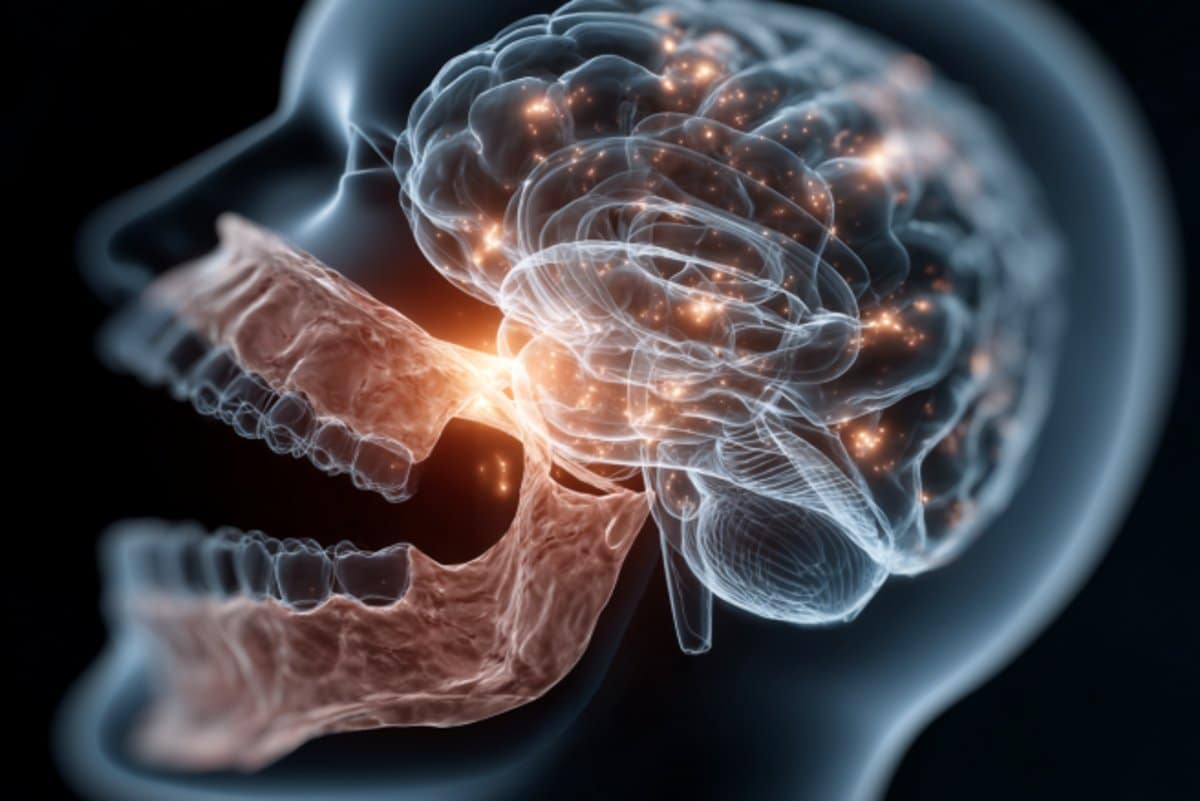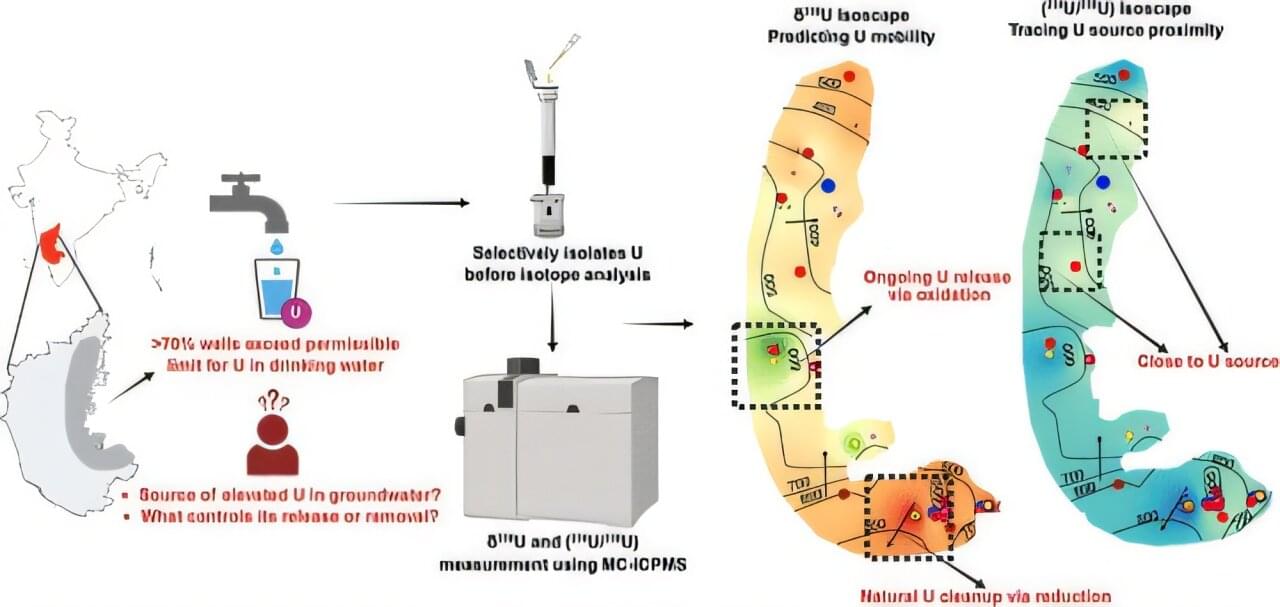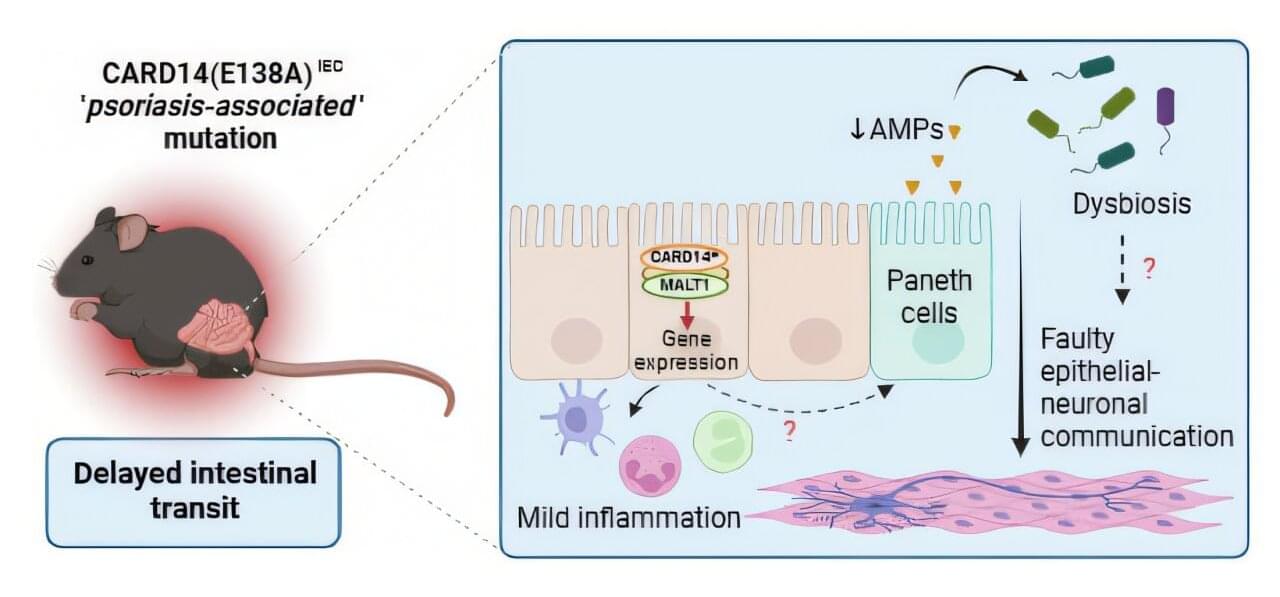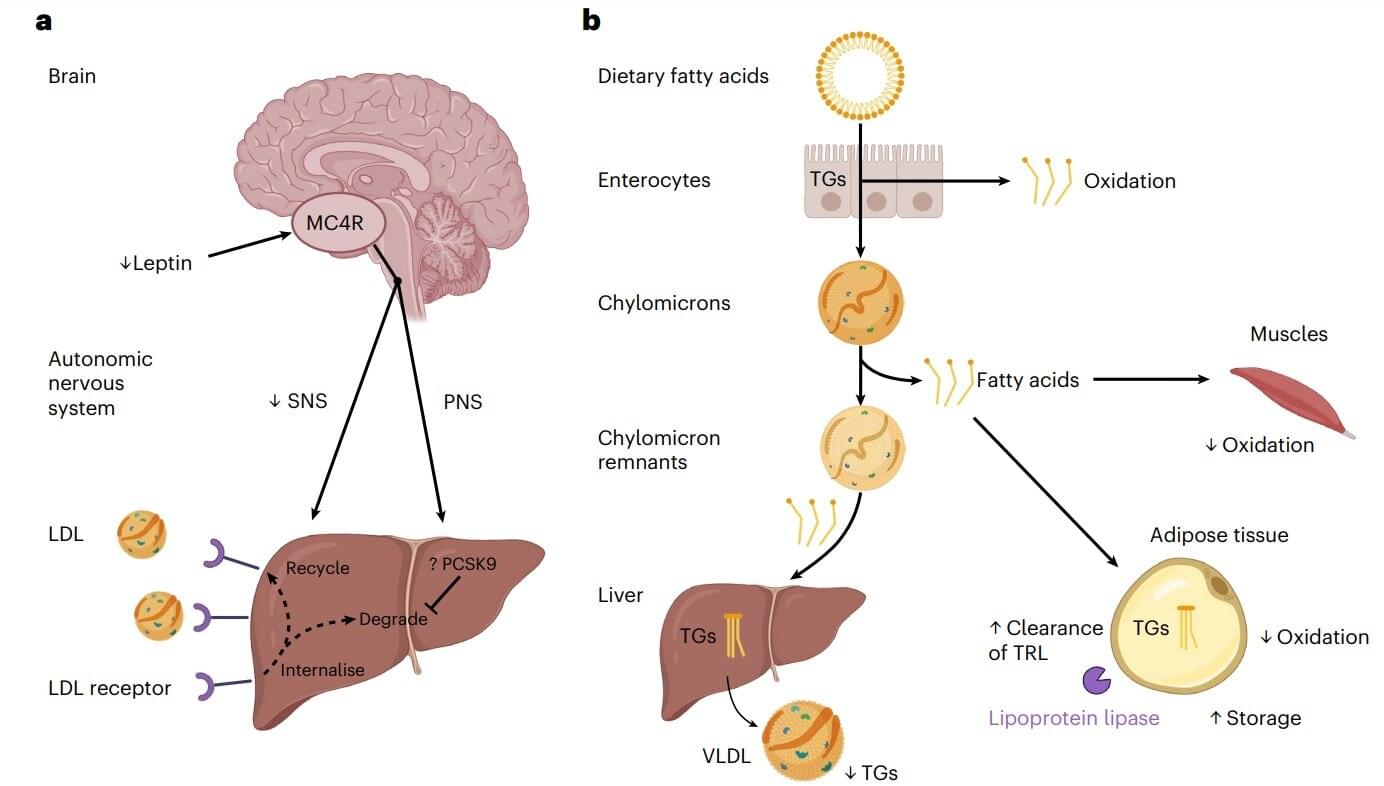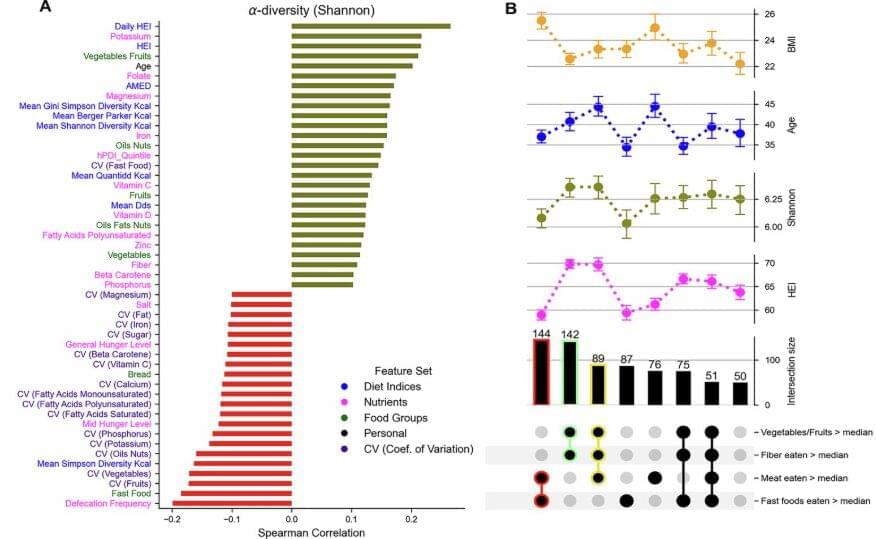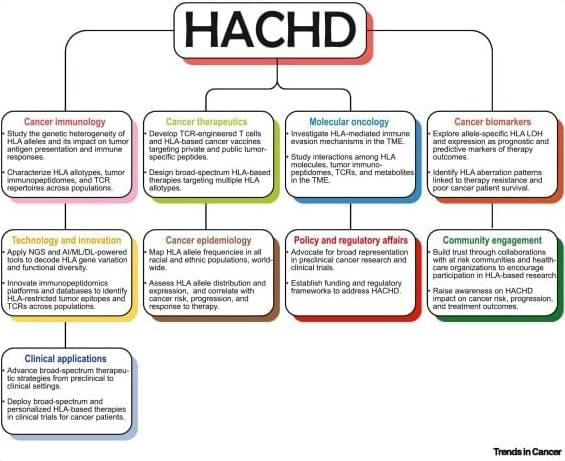The accuracy of machine learning algorithms for predicting suicidal behavior is too low to be useful for screening or for prioritizing high-risk individuals for interventions, according to a new study published September 11 in the open-access journal PLOS Medicine by Matthew Spittal of the University of Melbourne, Australia, and colleagues.
Numerous risk assessment scales have been developed over the past 50 years to identify patients at high risk of suicide or self-harm. In general, these scales have had poor predictive accuracy, but the availability of modern machine learning methods combined with electronic health record data has re-focused attention on developing new algorithms to predict suicide and self-harm.
In the new study, researchers undertook a systemic review and meta-analysis of 53 previous studies that used machine learning algorithms to predict suicide, self-harm and a combined suicide/self-harm outcome. In all, the studies involved more than 35 million medical records and nearly 250,000 cases of suicide or hospital-treated self-harm.

